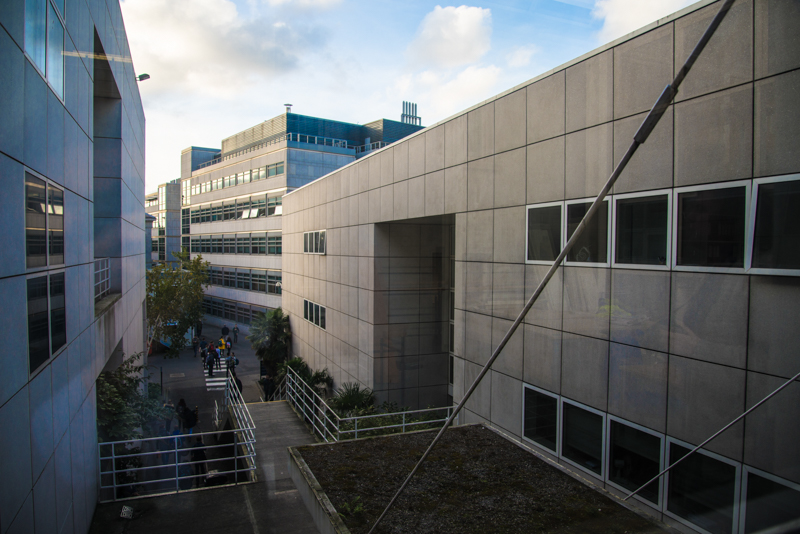The School of Computer Science and Statistics is seeking accreditation from Engineers Ireland, the national representative body for engineers, for its MAI computer engineering and MSc computer science courses. A successful application would result in international recognition for the courses.
Speaking to The University Times, Dr Mike Brady, Director of Undergraduate Teaching and Learning in the School of Computer Science and Statistics, said they were seeking the accreditation for these courses because it would see “a group of outside experts” actively “examining our programme”, something that would benefit the school’s continuous evaluation of its courses.
In order to determine whether or not it will grant accreditation to the courses, Engineers Ireland will look at the active research in the school, course requirements for entry – including Leaving Certificate points and subject grade requirements – as well as the substance of courses themselves and their desired programme outcomes.
The visit to Trinity by Engineers Ireland will take place on December 19th and 20th. During this visit, they will interview the school’s staff, graduate employers, alumni and students. This follows the school’s application to the organisation, which needed to contain information including how the school conducts continuous assessment, reports of graduate and employer surveys, titles of final-year projects and statistics of student performance in examinations.
Engineers Ireland’s accreditation document states that the most important criteria for this submission is the “Analysis and Implementation of Programme Outcomes”. This requires the College to submit a full set of learning outcomes that are planned to be achieved in each module of the courses intended for accreditation.
To be a chartered engineer in Ireland you must be approved with Engineers Ireland, a process that takes one’s education, experience and a submitted thesis into account. Before 2013, this process did not require a master’s degree. However, you must hold a master’s degree to enter the process to become a chartered engineer. Having a master’s degree from a course that has received accreditation with Engineers Ireland automatically fulfills the education requirement of this process.
Engineers Ireland is affiliated with over 20 organisations that represent the engineering profession in their countries, meaning that a registered member in Ireland will have their membership recognised internationally in countries such as Canada, Japan, Australia, France and Germany under the International Engineering Alliance and the European Network for Accreditation of Engineering Education.
The benefits of being affiliated with the organisation are particularly notable in the branches of civil, electrical and mechanical engineering rather than computer engineering. In these fields, unlike with computer engineering, you cannot practice with the title of engineer in Ireland, or the affiliated international countries, without being registered as a chartered engineer.
The group visits universities and institutes of technology at least every five years to ensure their accredited courses meet international standards. Every accredited programme is assigned a programme panel comprising a programme panel chair and two assessors, one of which acts as rapporteur.
Engineers Ireland has over 23,000 members from every discipline of engineering. They have been representing engineering in Ireland since 1825, and members range from students to fellows of the profession.
The MAI is a five-year course where students complete a common first two years in engineering before completing their BAI in a specialised strand – mechanical, civil, electrical, electronics and computer, or computer engineering. Students then complete a final fifth year for the MAI.
Following the completion of a four year BA (Mod) in computer science, students have the option to go on a complete a MCS or MSc in computer science, with the option of four different strands: Data Science, Intelligent Systems, Future Networks and Graphics and Vision Technologies.







